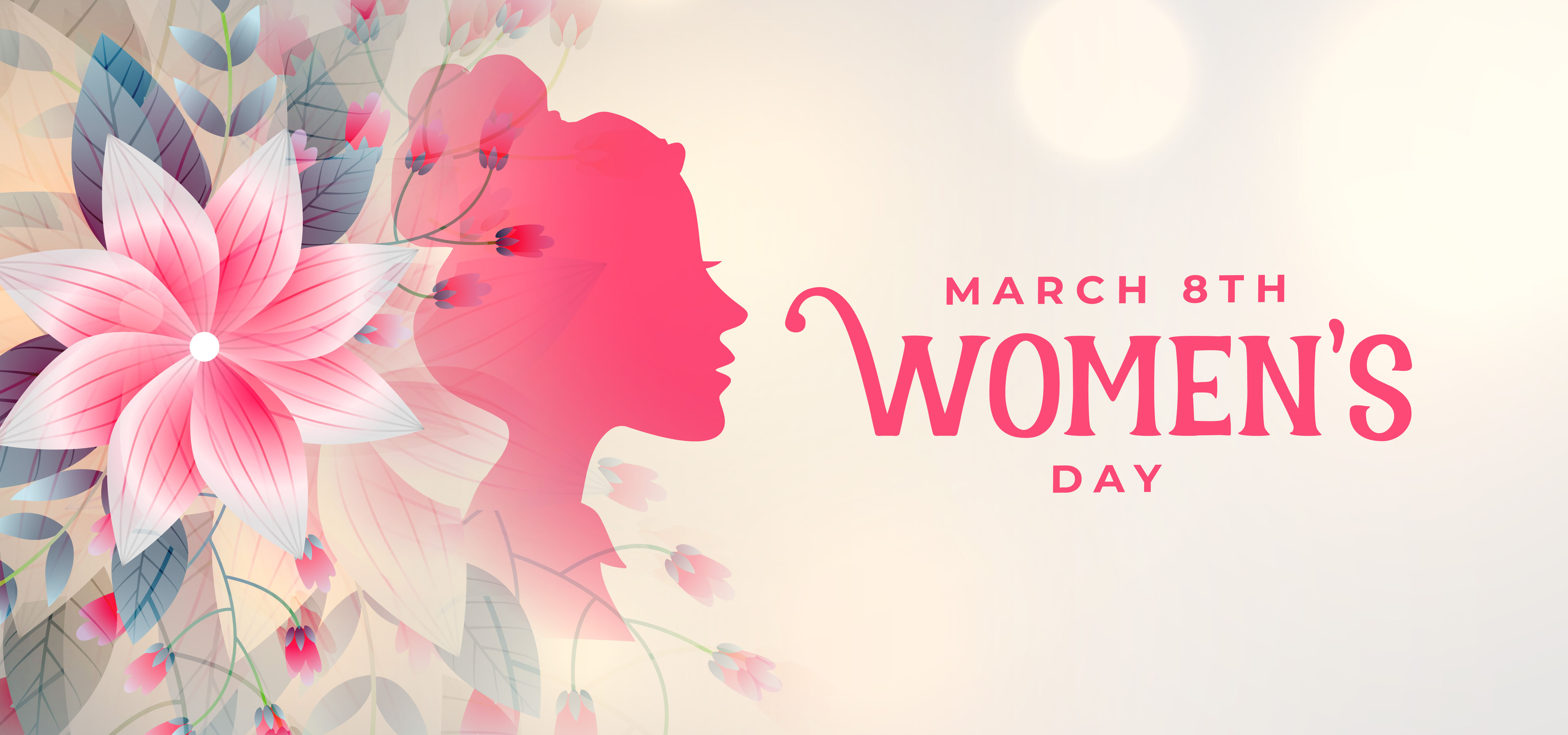100 Whatsapp Messages For Women’s Day Wishes In English
100 Whatsapp Messages For Women’s Day Wishes In Hindi

Women’s Day in Madagascar

Madagascar celebrates International Women’s Day on March 8 and it is a declared national holiday but only for the women work force.
Malagasy people, mainly women, celebrate it in various ways, according to the area they belong to and their respectivecircumstances. However, the objective remains the same that is to fight for their rights and to strive to advance in life. Every year, the Ministry of Population and Social Affairs opts an area of celebration where carnivals and other activities related to environment and development take place. Often the capital city of Madagascar, Antananarivo is chosen to hold numerous demonstrations and gatherings regarding women empowerment to mark this day. Also rural Malagasy women dressed in lambaoany march processions through village streets dancing and celebrating.
Some remote rural areas like Sakalava are the poorest in Madagascar. Often women of these areas are naturally excluded from development programmes targeted to uplift Malagasy women. Many women’s associations like The Women's Association of Ampasindava, work day and night to educate the illiterate Malgasy women by reaching out to the remotest of areas. On Women’s Day they hold parades and awareness programs to educate them. On 2013’s Women’s day celebration, this association paraded through the villages to educate the local community about the importance of protection of endangered marine animals like sea-turtles and sharks.
Women in Madagascar enjoy a liberal and helping society. This is mainly because all ill treatment and backward thoughts are strongly criticised and discouraged by its constitution. The only drawback of the Malagasy law is it requires women to be of only 14 years of age before they get married, which is lower than the minimum age of men. Before 18 years of age parental consent is required but after 18 years of age women must give their own consent. Their culture is traditionally patriarchal.
Malagasy women have a higher life expectancy than men, with an average of 61.3 years compared to 57.7 for men as per 2010 estimates. Also women population in Madagascar is more than that of men population; women mass formed 50.3 percent of the country’s populationas per 2010 figures.The maternal death figures here is low and it is decreasing with every passing year.
Women in Madagascar are constitutionally equal to men, yet they have unequal property rights and employment prospects in certain areas. The Organisation for Economic Co-operation and Development (OECD)remarks that there have been numerous reports of discrimination in legacy law which continues till today. As per the Madagascar constitution women have equal ownership rights. They are allowed to possess their own businesses and are not required to takeconsentof their husband to acquire land. However in certain locations along the east coast of Madagascar women in some instances are unable to own land.
Gender based discrimination is forbidden by the Constitution of Madagascar. However gender differences in resource use patterns, admittance to land, labour, capital, outside income, and education are quite prevalent here. Involvement of women in natural resource use is hardly everaccredited and they receive very little remuneration.
- Women’s Day History
- Significance of Women’s Day
- Women’s Day Story
- UN Themes for Women's Day
- UN Day for Women's Rights
- International Women’s Day
- Rio Olympic 2016
- First Women’s Day
- Women’s Day Wishes
- Women’s Day Messages
- Women’s Day Quotes
- Women’s Day Whatsapp Messages
- Popular Sayings for Women’s Day
- Women’s Day Greetings
- Women’s Day Poems
- Women's Day Essay
- Women’s Day Speech
- Top 10 Richest Women in The World
- Women’s Day Speech in Hindi
- Women’s Day Prayers
- Women’s Day scraps
- Women's Day Images
- Women’s Day Gifts
- Most Inspiring Women in History
- What is International Women's Day
- Facts About Women's Emotions
- 50 Most Inspirational Women Worldwide
- Famous Female Athletes
- Biographies of Inspiring Women
- Mother's Day Messages
- Mother's Day Quotes
- Mother's Day Poems
- Mother's Day Wishes
- Mother's Day in UK
- Women in Indian Army



